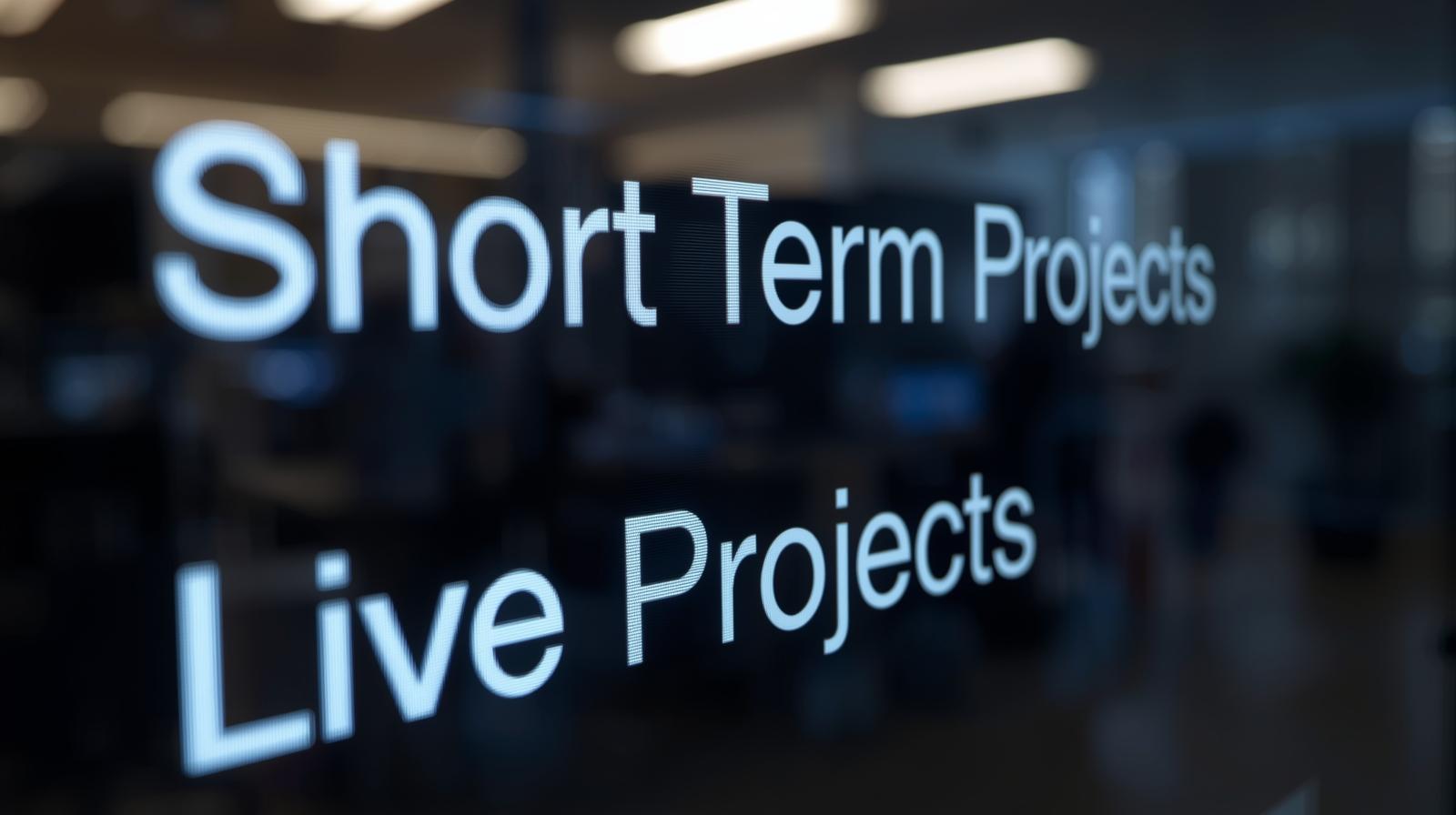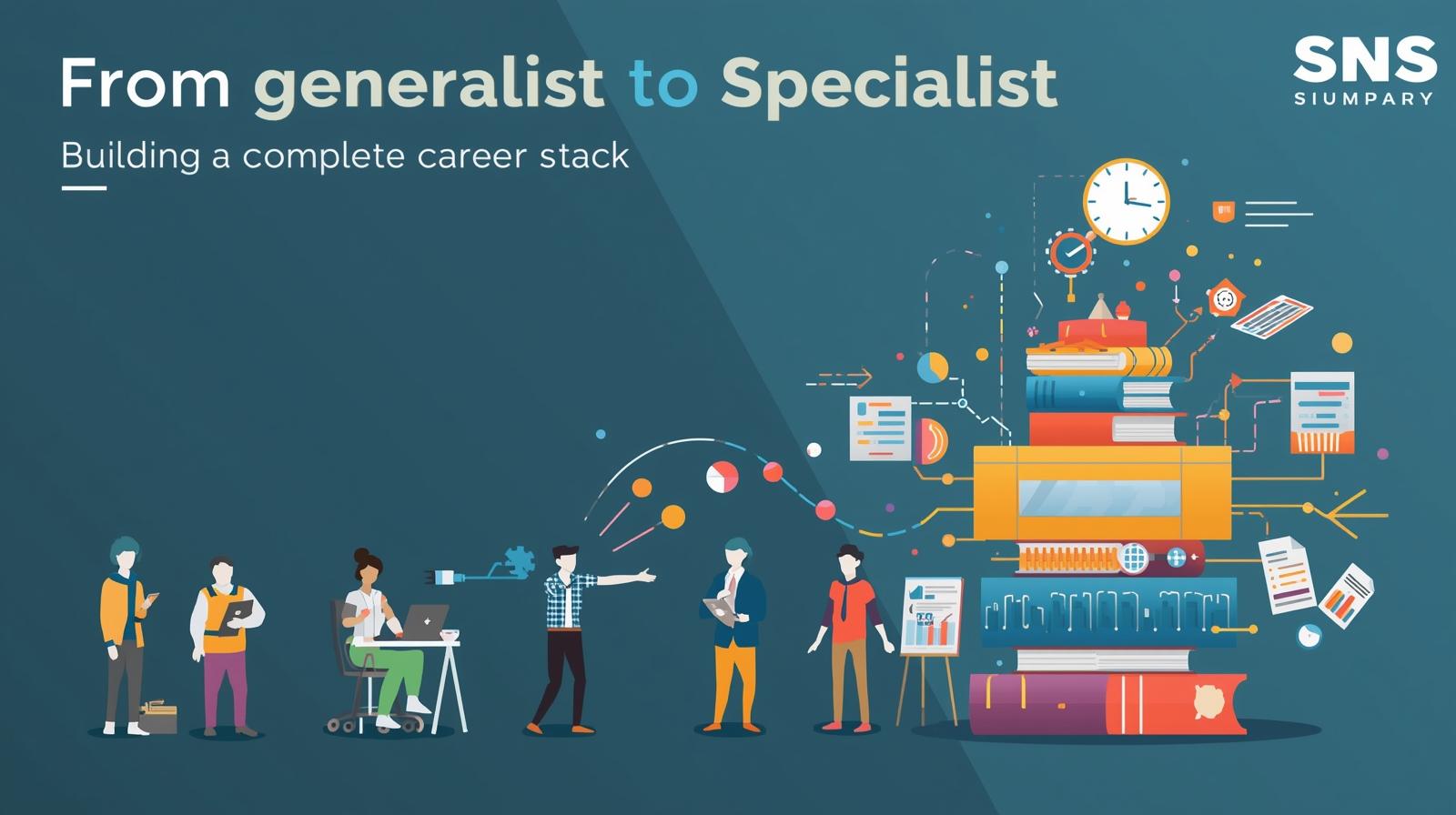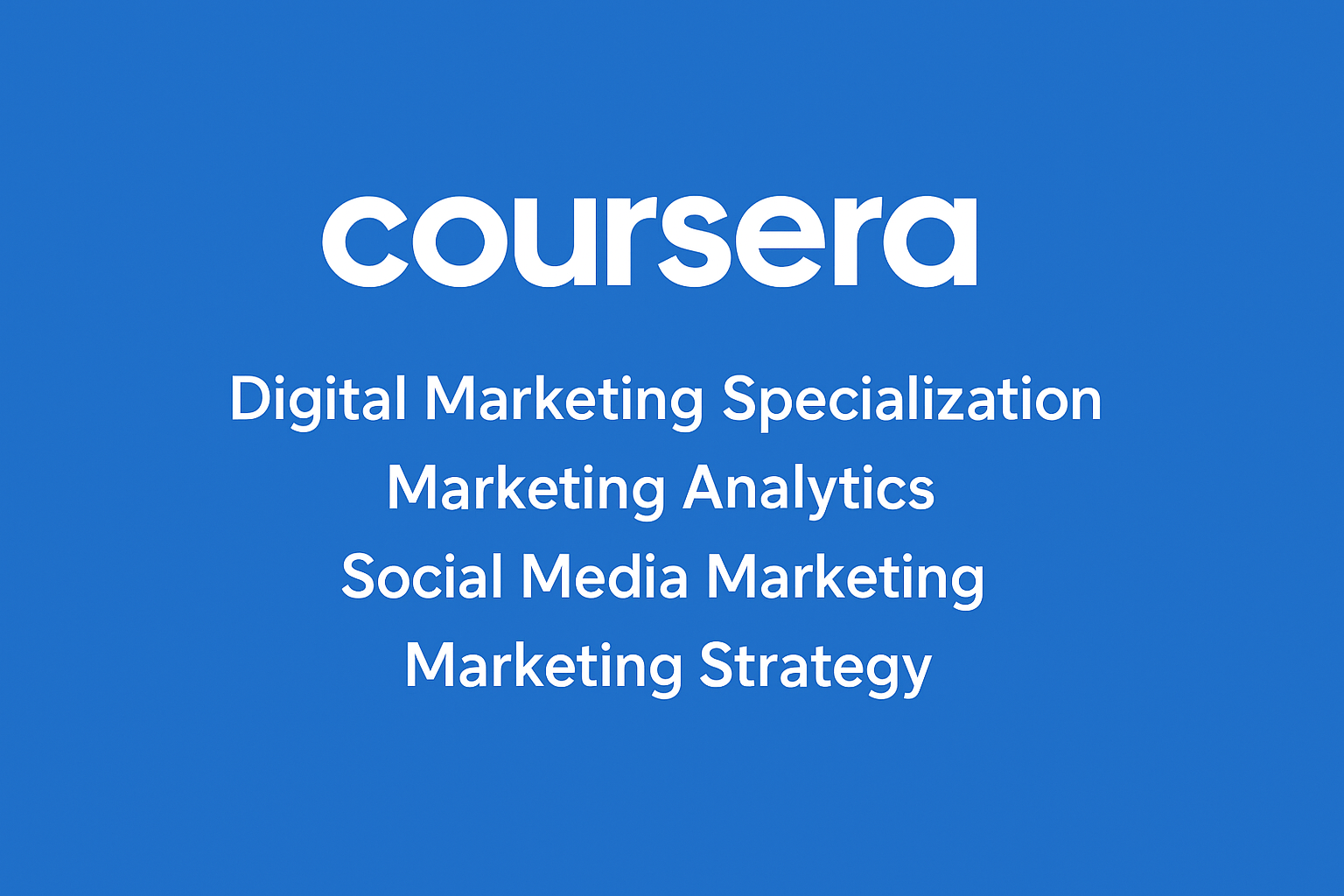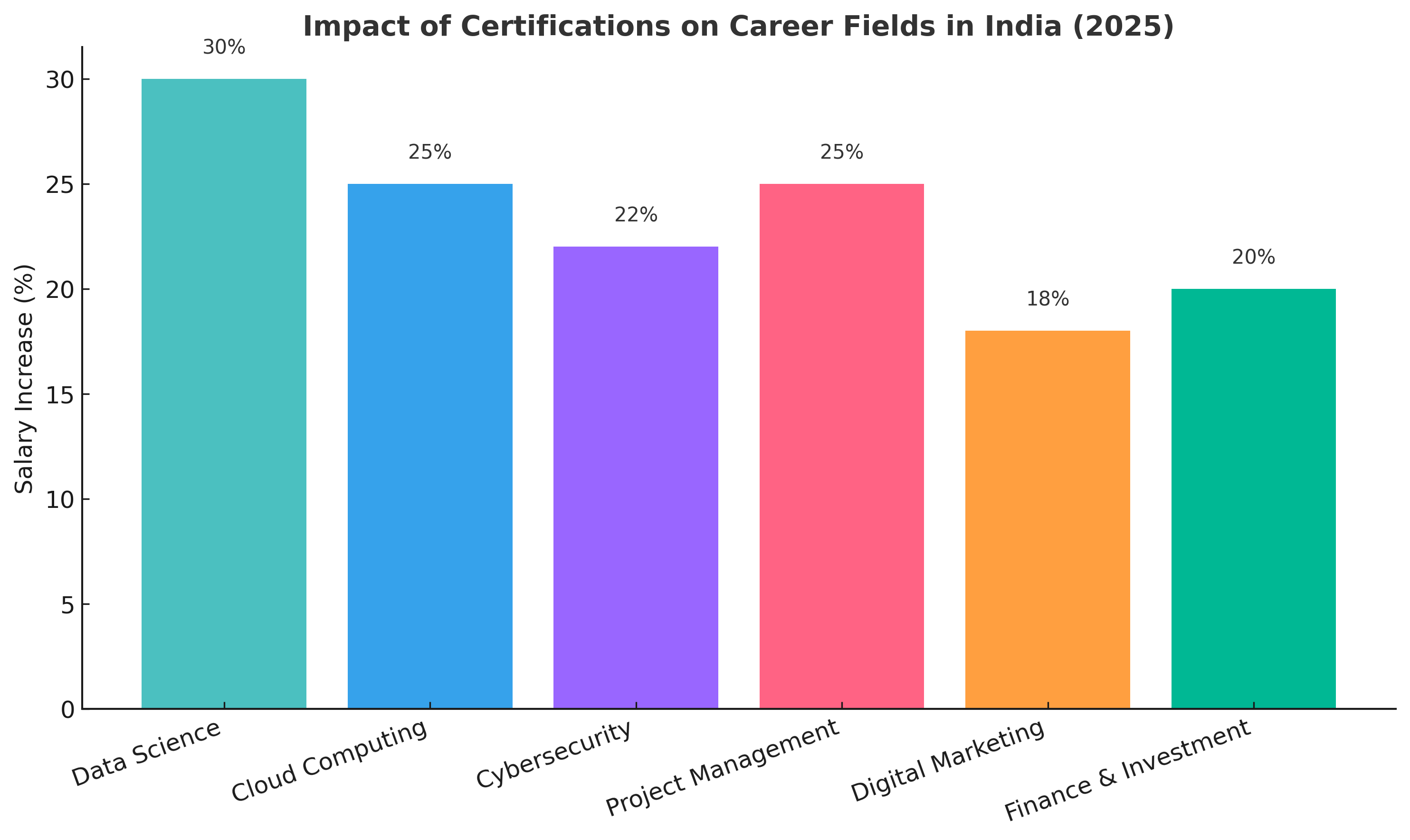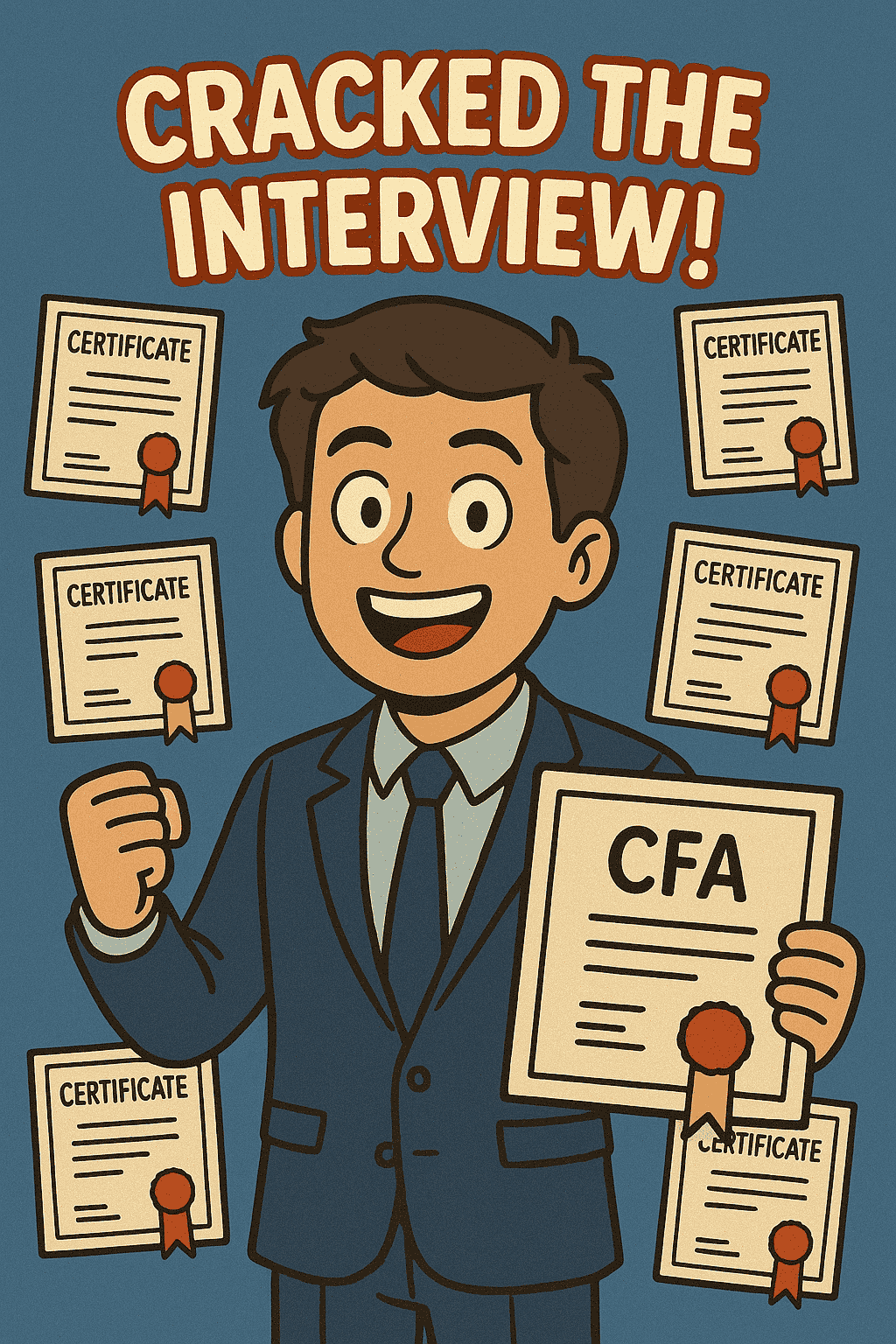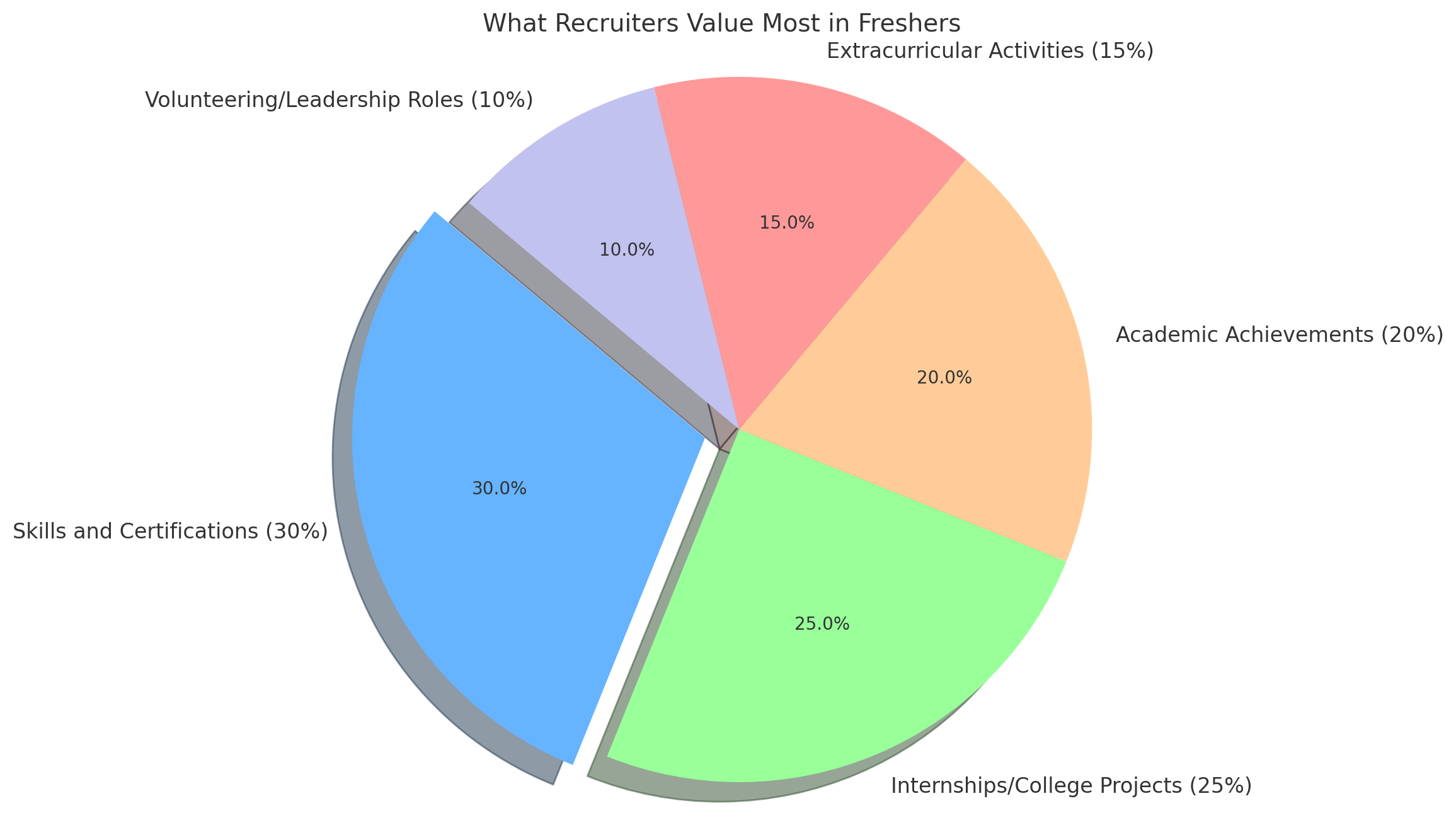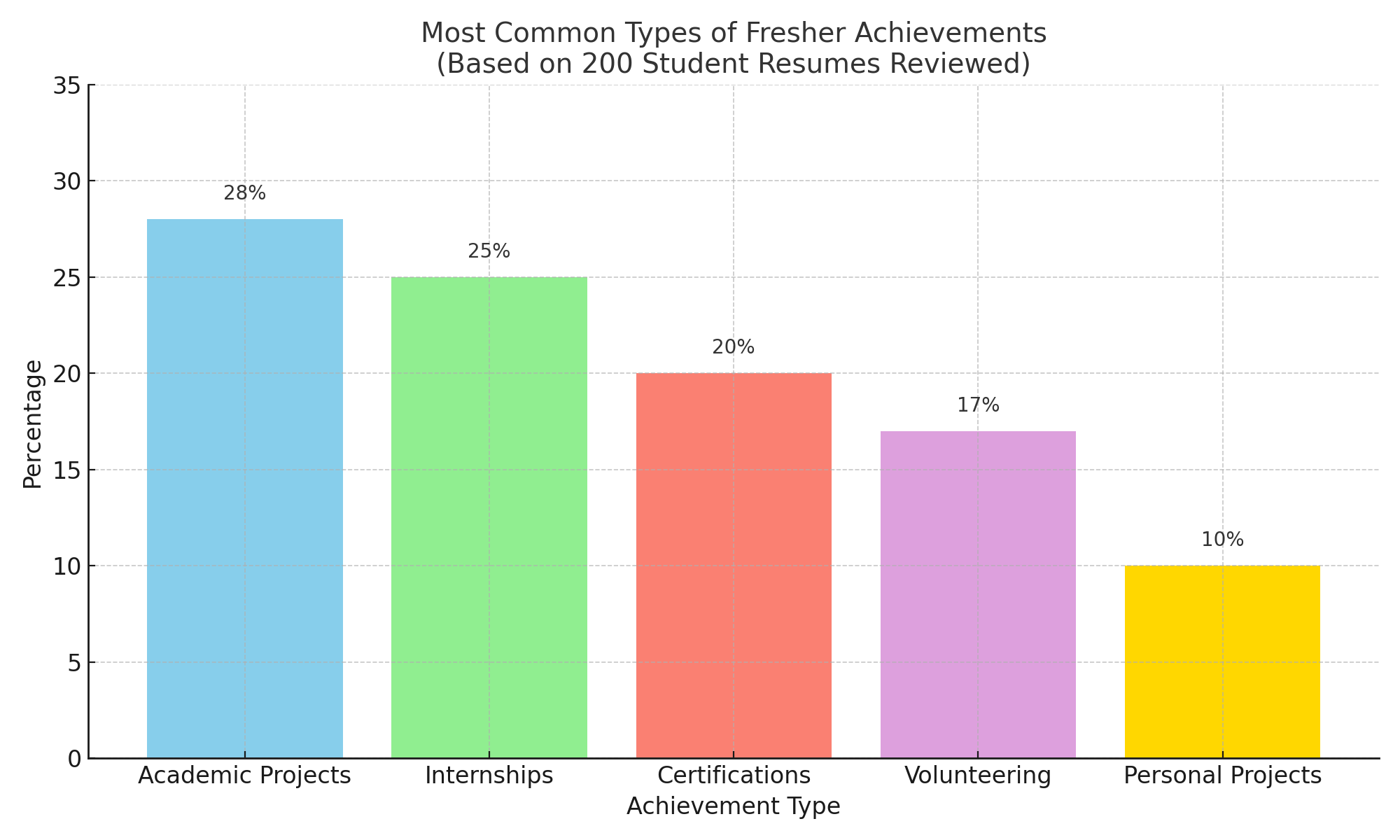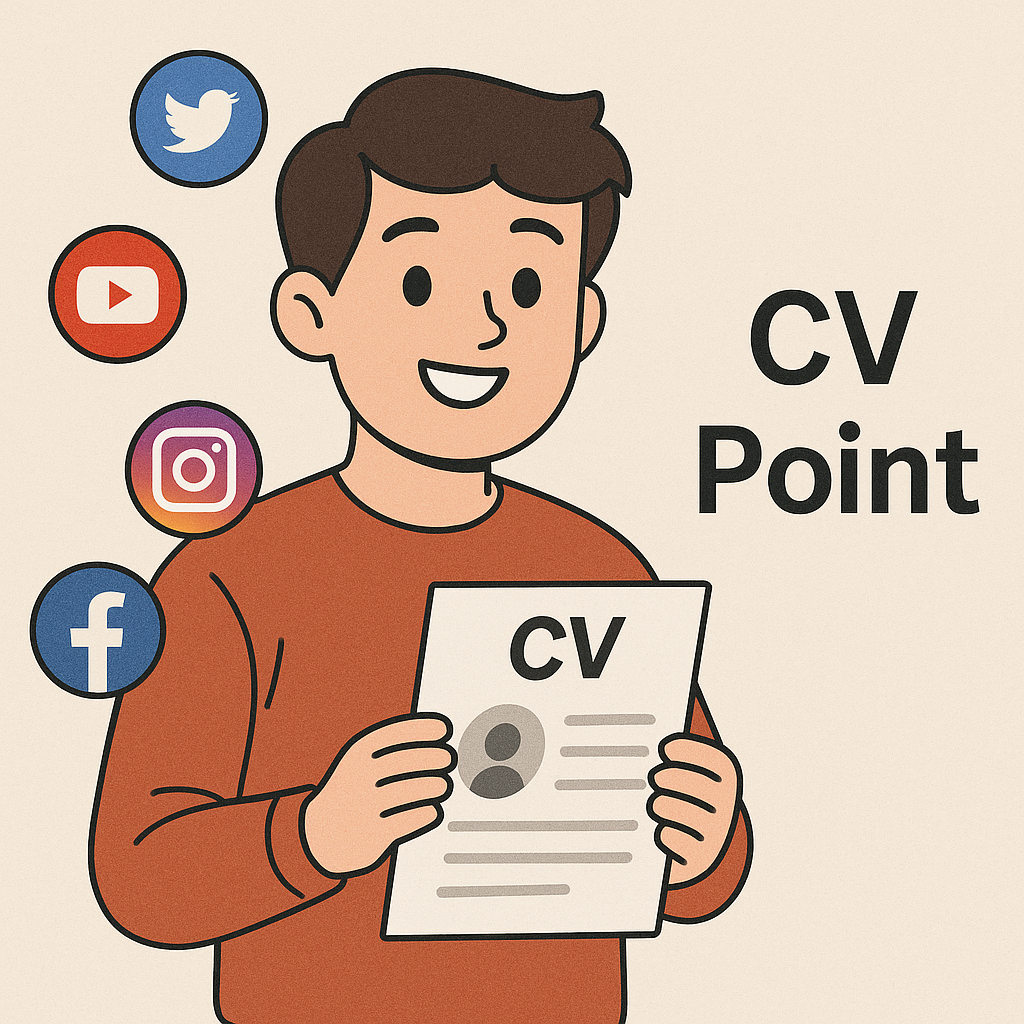
We’ve all been there. Sitting outside the interview room, trying to convince yourself that the last 10 hours of mock interviews, PPT rehearsals, and caffeine-fueled late nights weren’t for nothing. Meanwhile, somewhere inside, someone gets the offer because… well, let’s just say their uncle’s friend knows someone in HR or he has a family business in the domain the company is operating. Placement politics is real, but it doesn’t have to define your story. There’s always a way to turn the tables — with preparation, confidence, and a sprinkle of MBA survival humour.
Step 1: Map Your Strengths Like a Consultant
Take a moment and list your strengths. Not just technical ones, but also soft skills, leadership moments, and the stories that make you memorable. Did you resolve a last-minute mess committee chaos? Lead a mini marketing campaign in class? Survive three rounds of finance quizzes without losing your mind? These aren’t just anecdotes; they’re your interview ammunition.
Step 2: Turn Experiences Into STAR Stories
Your projects, committees, and even chaotic hostel nights can be transformed into STAR stories (Situation, Task, Action, Result).
Example:
Situation: Mess committee struggled with late-night food management.
Task: Ensure everyone got their food on time without complaints.
Action: Created a rotation schedule, coordinated volunteers, and tracked inventory.
Result: Reduced complaints by 40%, students cheered (and survived midnight hunger pangs).
Interviews love specifics. And honestly, your mess committee stories are way more fun than generic internship tales.
Step 3: Use Your Academic & Technical Knowledge
Remember all those hours buried in textbooks and case studies? Time to make them work for you. Whether it’s price elasticity in marketing, EOQ in supply chain, or portfolio analysis in finance, frame your answers with real concepts you’ve learned. This shows interviewers that you’re not just book-smart; you’re practically ready for the job. And trust me, sprinkling a bit of jargon at the right moment makes you look like a wizard rather than a nervous candidate.
Even in Group Discussions if you feel even without valid points a person is trying to take you over just because of oratory skills and confidence, integrate technical terms regarding that topic in the GD, that will make sure only the people who know the topic thoroughly can counter you and will filter out those with less knowledge.
Step 4: Mock Interviews and Peer Feedback
Nothing beats practice. Set up mock interviews with batchmates or alumni, record yourself, and then cringe productively. Notice your “ummms,” your nervous hand gestures, your shaky “confidence smile.” Fix them. Do at least three rounds before the real day. Bonus points if you can somehow work in a joke about the chaos of committee meetings — nothing breaks tension like shared misery.
During MBA Internship season – Seniors are the best people for setting up mock group discussions and interviews , as they are done with their SIP’s in the first year and few even hold PPO’s , this makes them the first go to person for help. Ask seniors from thee committee you are in or who are your friends.
Consistently get your resume checked and updated , use advanced tools like salahkart for getting your resume score and even look for recruiters on LinkedIn, depending only on campus placements is not your final option.
Step 5: Emotional Resilience and Stress-Busting
Placement rejections sting. Campus politics frustrates. But your heart doesn’t have to be heavy. Here’s how to keep it warm:
- Connect with friends and committee teammates. Remember those nights in the mess committee, planning events, laughing over chai, arguing over tiny poster backgrounds. Those memories are your morale fuel.
- Celebrate micro-wins — a completed case study, a perfectly delivered mock pitch, a new certification. Each win reminds you why you’re capable.
- Laugh at the absurdity of it all. Memes, funny group chats, roasting your own mistakes — it helps more than you think.
- If you feel anxious and stressed alone, call your friends who understand you and make you feel good – taking emotional help is never bad nor let’s you down as a person.
- Move your body. A 20-minute walk, a quick sports game, or even dancing in the hostel corridor can reset your mind.
Interview Prep Roadmap
| Phase | Action | Goal |
| Week 1 | Strength audit + shortlist dream companies | Build self-awareness |
| Week 2 | Prepare STAR stories from projects & committees | Memorable answers |
| Week 3 | Revise technical concepts & applications | Show practical expertise |
| Week 4 | Mock interviews + peer feedback | Improve delivery & confidence |
| Day Before | Light revision, relax, good sleep | Enter calm and confident |
Step 6: Turn Rejections Into Momentum
Every rejection is a free lesson. Analyse what went wrong, adjust, and step back in stronger. Many alumni who now lead teams, start companies, or run the placement process themselves, were rejected multiple times in their first year. The difference? They used every “no” as fuel. You can too.

Final Thoughts
Placement politics may exist, but preparation, stories, technical knowledge, and emotional resilience beat it every time. Channel your MBA lessons, your committee experiences, your late-night laughter and chai breaks into confidence. Walk into your next interview room like you belong there — because you do. And maybe sneak in a mess committee anecdote; it might just be the thing that makes them remember you.


